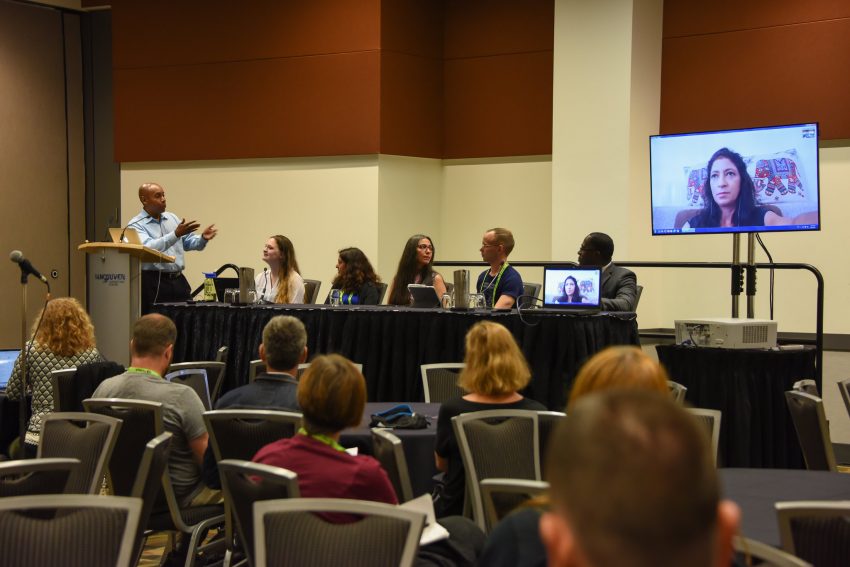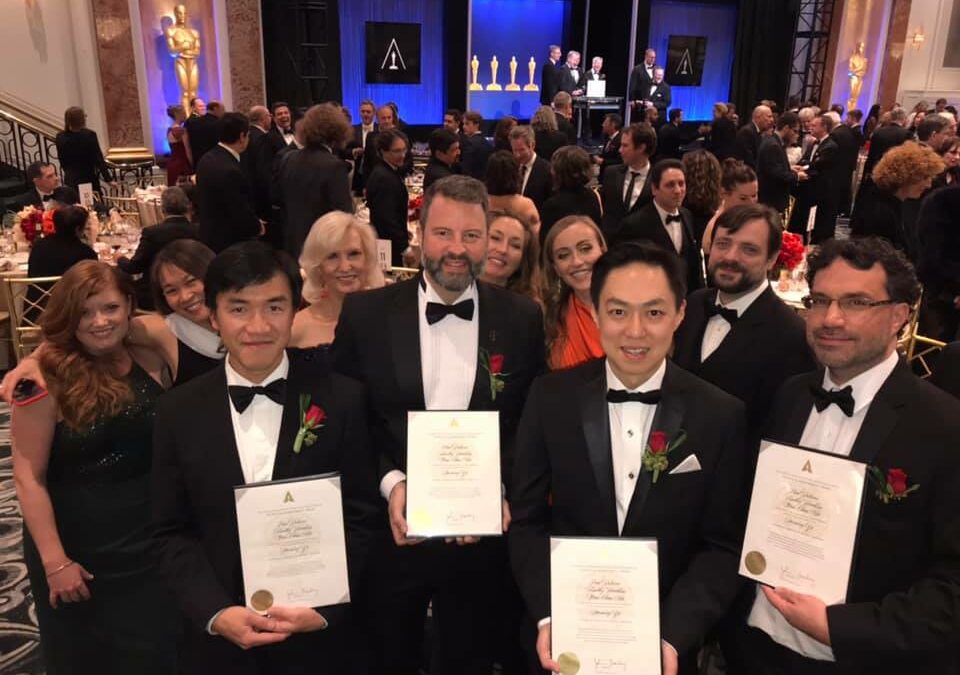The 2019 Symposium on Computer Animation will be held at UCLA on July 26-28, 2019 (i.e., immediately preceding SIGGRAPH).
Early-bird registration for SCA2019 has been extended to June 28, 2019, but is fast approaching.
Register early and take advatange!
Registration Information:
https://sca2019.kaist.ac.kr/data/siggraph/websites/siggraph.org/public_html/registration-2/
The full program for the symposium has also recently been announced. In addition to a full complement of 18 regular papers and 5 invited journal papers, there will be a sketch session, a poster reception, a conference dinner, and a tremendous lineup of invited speakers:
Keynote Speakers:
-Uri Ascher (UBC)
-L. Mahadevan (Harvard)
Invited Speakers:
-Mridul Aanjaneya (Rutgers University)
-Chenfanfu Jiang, (University of Pennsylvania)
-Sophie Jörg, (Clemson University )
-Mélina Skouras, (Inria Grenoble Rhône-Alpes)
-Steve Tonneau, (University of Edinburgh)
-Etienne Vouga, (UT Austin)
Conference Program:
https://sca2019.kaist.ac.kr/data/siggraph/websites/siggraph.org/public_html/program/
Additional details about the conference can be found on the website: https://sca2019.kaist.ac.kr
Hope to see you in Los Angeles!





